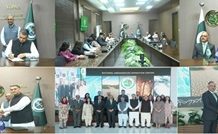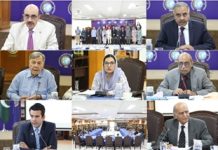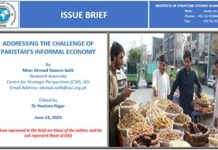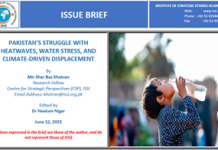Building and maintaining close friendly relations with other Muslim states is the cornerstone of Pakistan’s foreign policy. In case of a conflict between Muslim states, Pakistan has always remained equidistant. In the case of recent escalation of tensions between Saudi Arabia and Iran, Pakistan not only took a balanced approach but also tried to mediate between the two sides. Pakistan’s Prime Minister Nawaz Sharif, accompanied by Chief of Army Staff General Raheel Sharif, visited Saudi Arabia on January 18, and Iran on January 19, 2016. Prime Minister Nawaz Sharif said he considered ending the conflict between Saudi Arabia and Iran a sacred mission, and that Pakistan was proud to have taken up the role of a mediator.
Though initially some quarters had doubts about the success of Pakistan’s mediation efforts, subsequent developments have proved that the decision was timely and fruitful. Not only were the Prime Minister and the Chief of Army Staff received warmly, their mediation effort was appreciated in both Riyadh and Tehran. In Riyadh, the Prime Minister held talks with the Saudi King, Salman bin Abdulaziz, and in Tehran, he met the Iranian President, Hassan Rouhani. In both meetings, he urged his hosts to resolve the differences peacefully, emphasising that a conflict between two major Muslim states would only damage the larger interests of the Muslim Ummah. In Tehran, he also said that Pakistan was willing to host a meeting between Saudi Arabia and Iran. Both Saudi Arabia and Iran responded positively to the Prime Minister’s mediation offer. The Prime Minister said that Iran and Pakistan had agreed to appoint a ‘focal person’ on the issue, while Saudi Arabia would also be approached to do so. Pakistani leadership’s effort was appreciated by other Muslim states as well, particularly Turkey.















